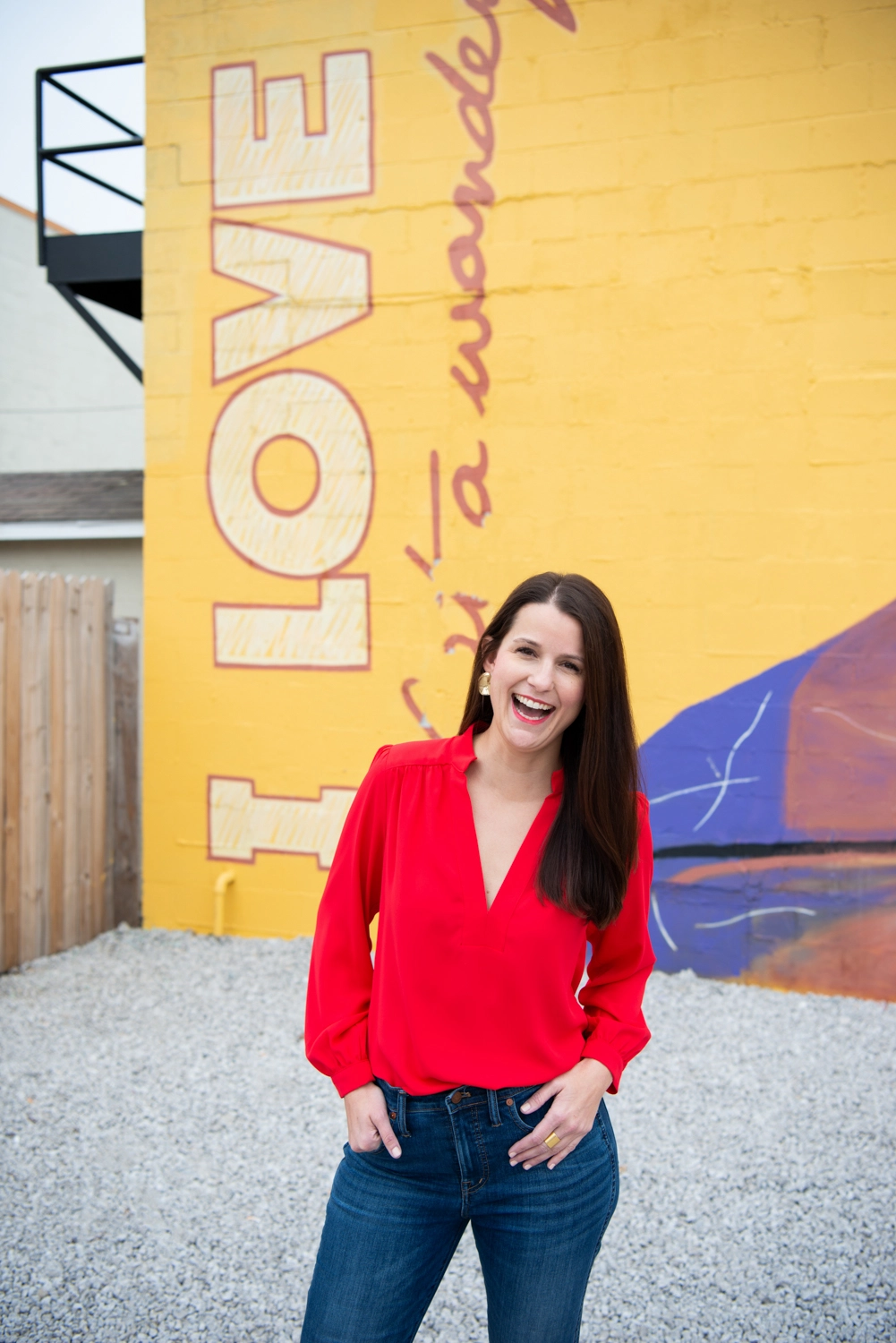Why Research
Perfectionism in the Workplace?
Perfectionism is the most pervasive challenge holding leaders and workplaces back – and yet, no one is talking about it. In fact, 92 percent of people (yes – you read that number correctly) struggle with some form of perfectionism.
Perfectionism held our CEO Vitale Buford Hardin back for more than three decades of her life, and she’s made it her personal mission to change that for everyone else. She has been pioneering this topic with organizations across the country – and it’s changing their DNA, culture, and workforce.
This page includes background on the research and some of the most interesting data points. You can also read about the WHY behind our CEO’s mission. To request a full copy of the research or for presentations or media interviews, please contact vitale@vitaleandco.com
Research Highlights
The research is made up of a panel of 1,217 national survey participants, ages 25-55, and also 34 1:1 interviews with diverse leaders. The panel of national participants was administered through the survey platform Qualtrics in December 2020.
92% of respondents consider themselves perfectionists
72% believes perfectionism leads to anxiety and depression
68% believe perfectionism leads to burnout
46% believe perfectionism causes high workplace turnover
86% believe their work is impacted by perfectionist expectations
66% Believe perfectionism leads to fear of failure and conflict avoidance
40% take criticism and negative feedback too seriously because of perfectionism
61% believe perfectionism leads to procrastination and decreased productivity
66% of workplaces expect employees to be perfect
86% believe their work is impacted by perfectionist expectations
72% believe perfectionism is harmful to relationship building
30% have thoughts of leaving their workplace due to perfectionist expectations
45% are harder on themselves because of perfectionism
45% have trouble saying no at work because of perfectionism
62% lose confidence in their abilities with perfectionism
About our CEO's connection to perfectionism and her WHY
Perfectionism runs deep for me. I grew up in a household where perfectionism was indirectly encouraged – I received praise for the perfect grades, the perfect extracurriculars, and the perfect outside image. I quickly learned that if I looked good on the outside, then I was worthy. I carried this coping mechanism with me into college and when I was a junior, I was introduced to the prescription stimulant Adderall. It was the “perfect drug” for me. I carried on for 10 years addicted to Adderall, because I thought it made me perfect – I could work 28-hour days and thrive in my corporate career, and I could maintain a slim figure and body image. This worked for me until it didn’t. When I was 31, a series of events happened (you can read all about it in my memoir, Addicted to Perfect), and I finally came to grips with my addiction. I realized I couldn’t live the rest of my life this way and I drove myself to inpatient rehab.
Since that day nearly eight years ago, I’ve been doing the deep inner work to understand my insecurities, coping mechanisms, and my many layers. Through this inner work, I found that my real issue was perfectionism – and my Adderall addiction was just a symptom. I started looking into perfectionism and found that there was little to no information out there about it. So, I started creating my own. I created programs and content about it – and I knew having some research behind my programs would be powerful. I also wanted the world to know about perfectionism so they could learn to thrive without it.
Perfectionism held me back – I thought it was the way to success, but it was blocking me. I’m so grateful you have visited this page, and I cannot wait to connect with you to help your leaders and your organization overcome perfectionism.
You can learn more about my complete story by reading my memoir, Addicted to Perfect.

Ready to Get Started?
Fill out the form below to learn more about working with Vitale for Corporate Leadership Training!